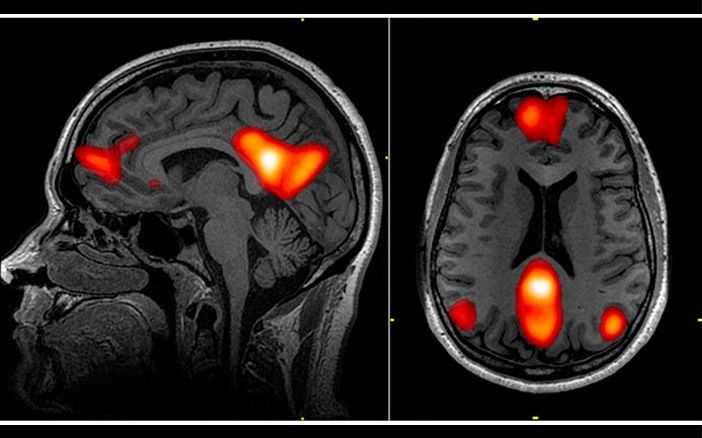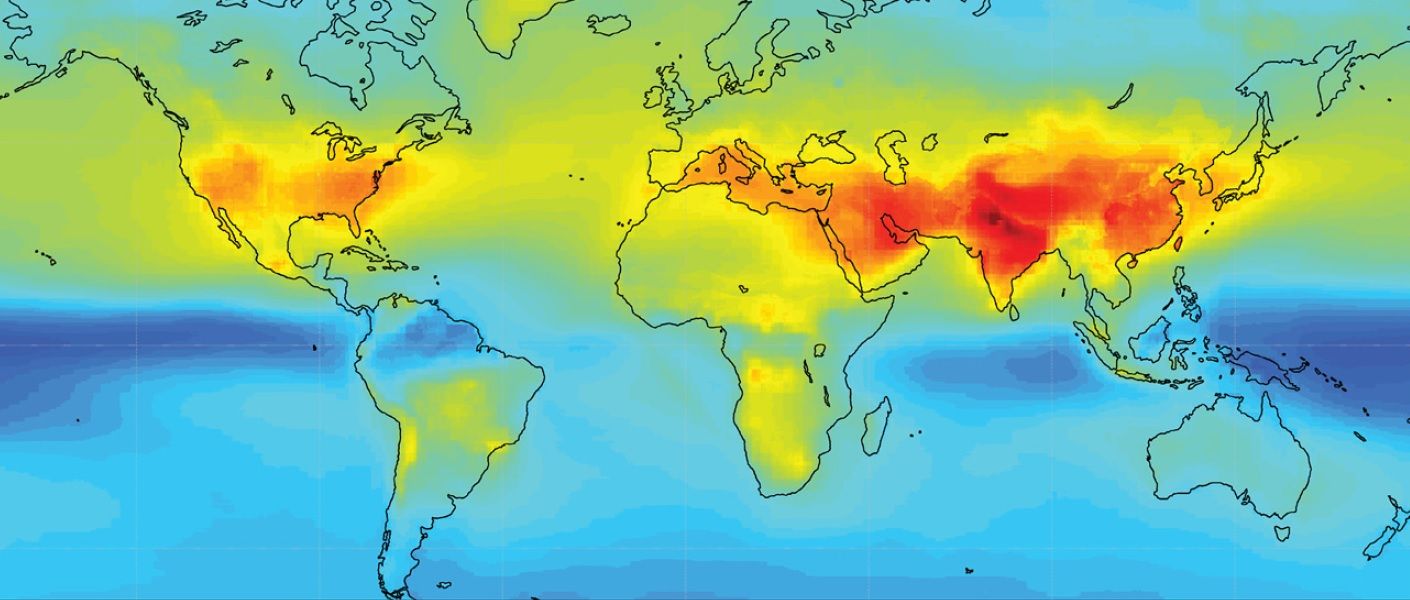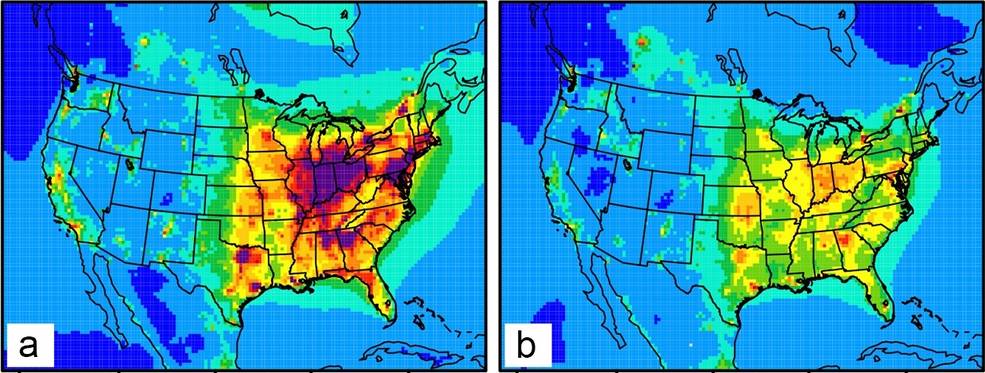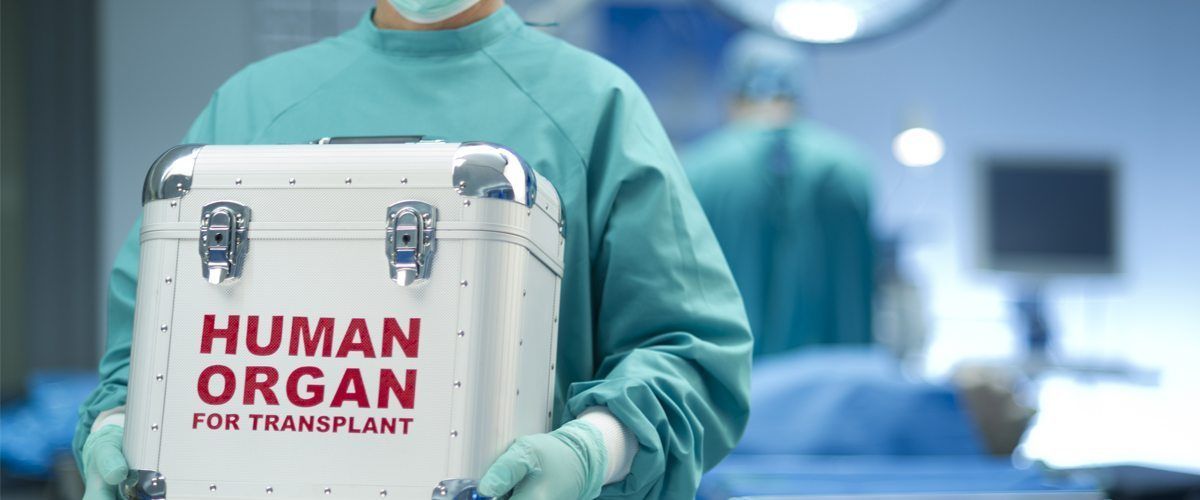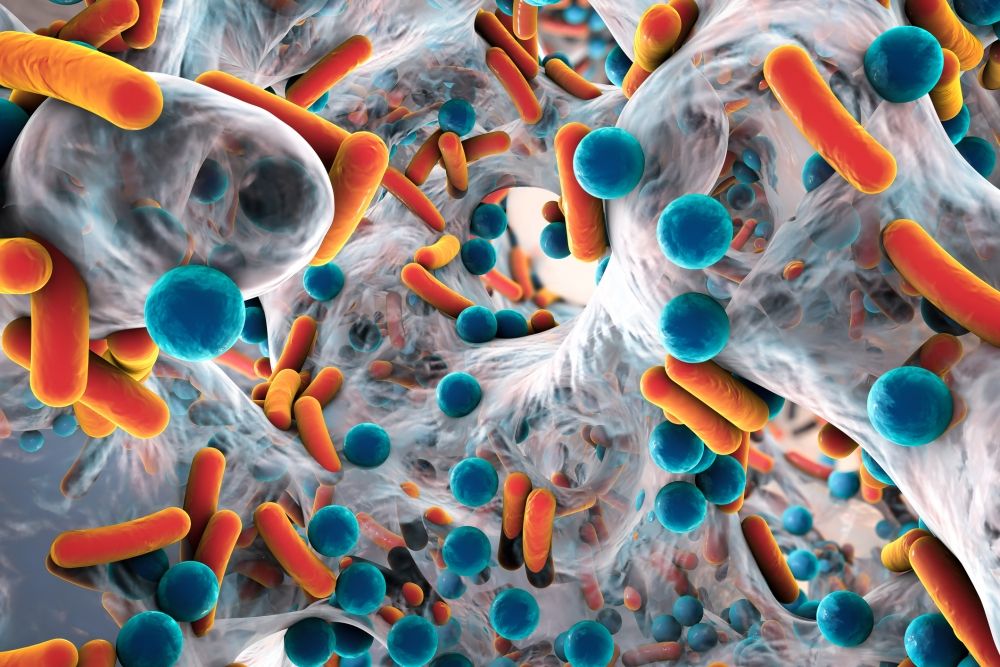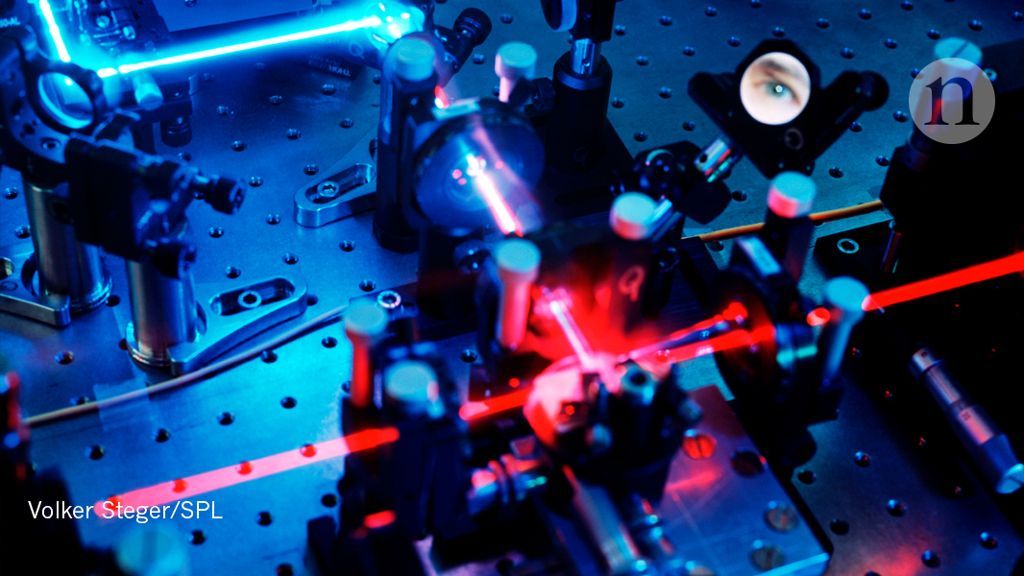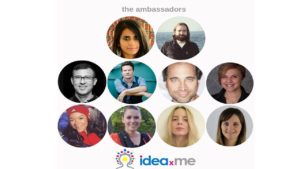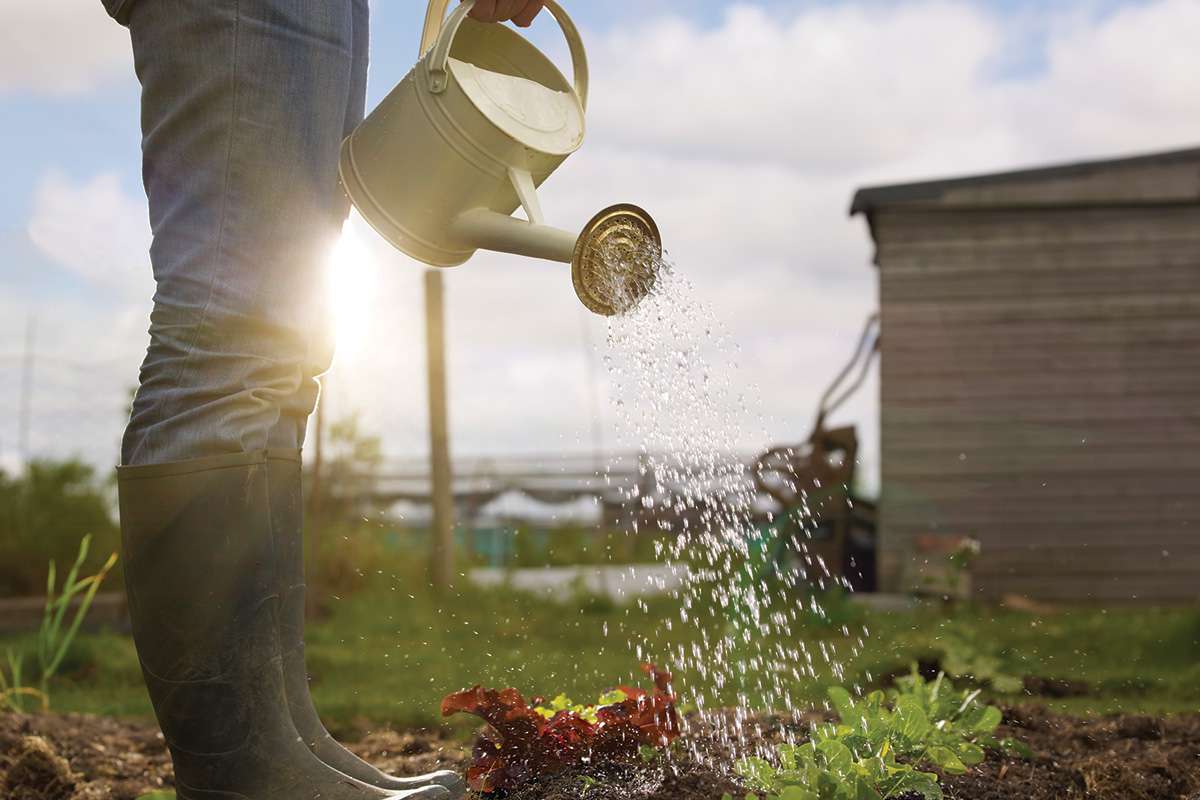Dec 9, 2018
Childhood adversity linked to reduced inhibitory control and alterations in key brain networks
Posted by Genevieve Klien in categories: biotech/medical, health, neuroscience
New research suggests that exposure to childhood adversity is associated with reduced cognitive control and alterations in key brain networks. The findings, which appear in the journal Social Cognitive and Affective Neuroscience, could help explain the link between childhood adversity and depression.
“My work focuses on how we can use objective biomarkers to aid in clinical decision making,” said study author Scott A. Langenecker of the University of Utah.
“One challenging clinical decision point is what to do when individuals have recovered from a depressive episode. Do we continue treatment? Do we exercise regular check-ins? Or do we just wait and see?”
